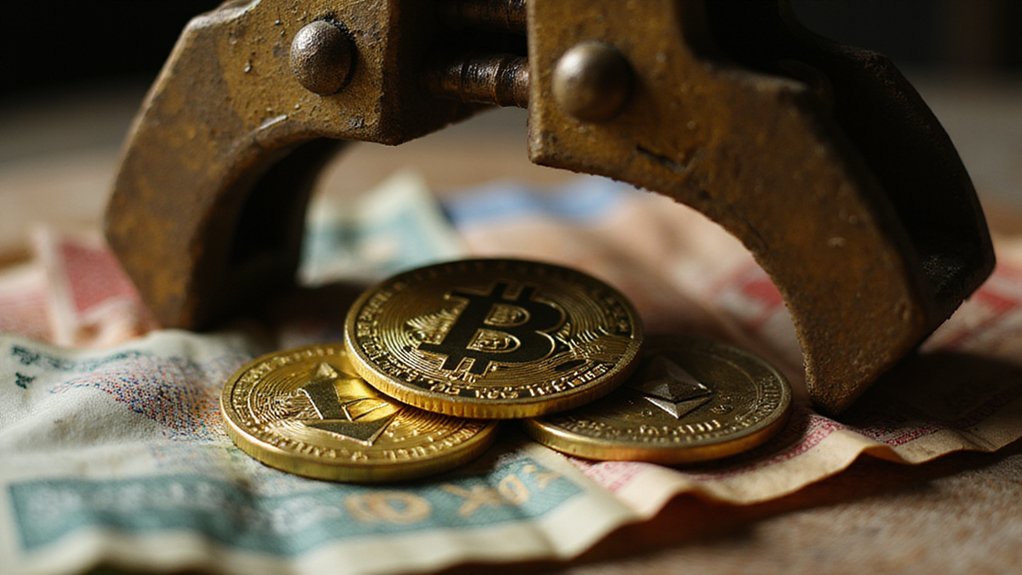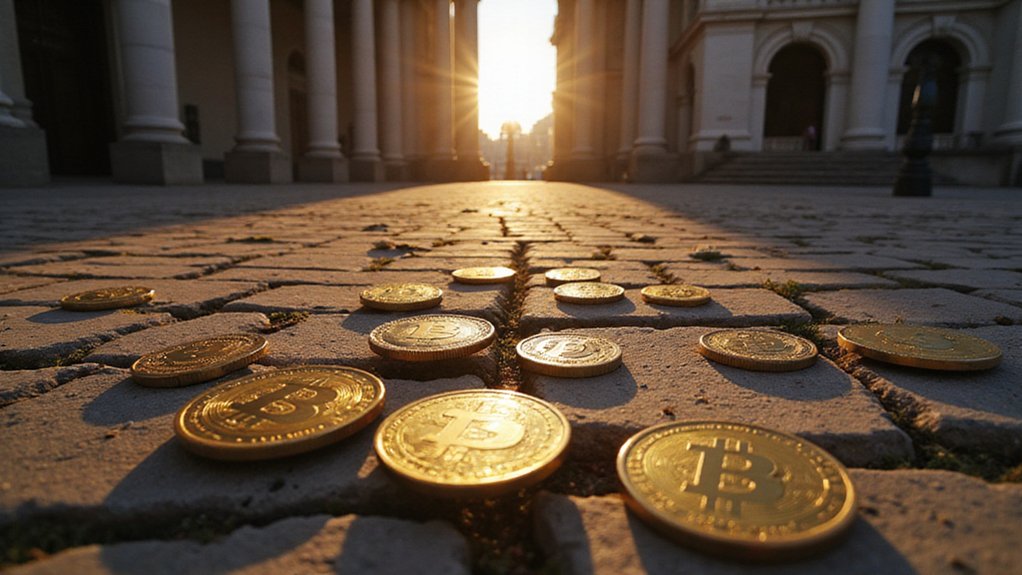While most countries have spent years vacillating between crypto embrace and regulatory panic, Turkey has decided to cut through the noise with a detailed framework that transforms its digital asset landscape from Wild West territory into something resembling actual financial infrastructure.
The centerpiece involves licensing requirements that would make traditional banks blush. Crypto Asset Service Providers (CASPs) must now obtain licenses from Turkey’s Capital Markets Board, establish themselves as proper joint-stock companies, and meet capital requirements that separate the wheat from the chaff—exchanges need 150 million Turkish lira (~$4.1 million) while custodians require a hefty 500 million lira (~$13.7 million).
Corporate founders face scrutiny that extends beyond mere financial capacity to include demonstrating clean legal records and transparent shareholder structures.
Transaction monitoring has become significantly granular. Every crypto transfer must include a transaction note with at least 20 characters explaining its purpose (because apparently “HODL” isn’t sufficiently descriptive for regulatory purposes), while transfers exceeding 15,000 lira trigger mandatory identity verification.
Turkey’s new crypto rules require 20-character transaction explanations because apparently “HODL” lacks sufficient regulatory sophistication.
CASPs must maintain meticulous records of all transactions, including failed attempts—a requirement that transforms every digital exchange into a forensic accountant’s dream. Customer identity verification can now be conducted remotely through video identification methods, streamlining the onboarding process while maintaining security standards.
Perhaps most tellingly, the regulations impose withdrawal restrictions that reflect Turkey’s broader concerns about capital flight. Users face mandatory waiting periods of 48 to 72 hours for withdrawals, alongside daily and monthly caps on stablecoin transfers—measures ostensibly designed to combat money laundering but which conveniently slow the exodus of value from Turkish financial systems.
The framework aligns with international standards, particularly the EU’s Markets in Crypto-Assets regulation, suggesting Turkey recognizes that regulatory isolation serves no one’s interests. This approach reflects broader market dynamics where cryptocurrency regulation increasingly influences traditional financial market stability and investor confidence.
The Capital Markets Board now oversees all crypto operations while collaborating with TÜBİTAK for technological evaluation—a partnership that combines regulatory authority with scientific rigor. The Financial Crimes Investigation Board adds another layer of oversight by enforcing anti-money laundering regulations across the entire crypto ecosystem.
These extensive AML/KYC measures, coupled with mandatory risk management teams at every CASP, represent Turkey’s calculated bet that regulatory clarity trumps laissez-faire chaos.
Whether this framework successfully balances innovation with control remains to be seen, but it certainly eliminates any ambiguity about Turkey’s commitment to bringing crypto within established financial governance structures.









